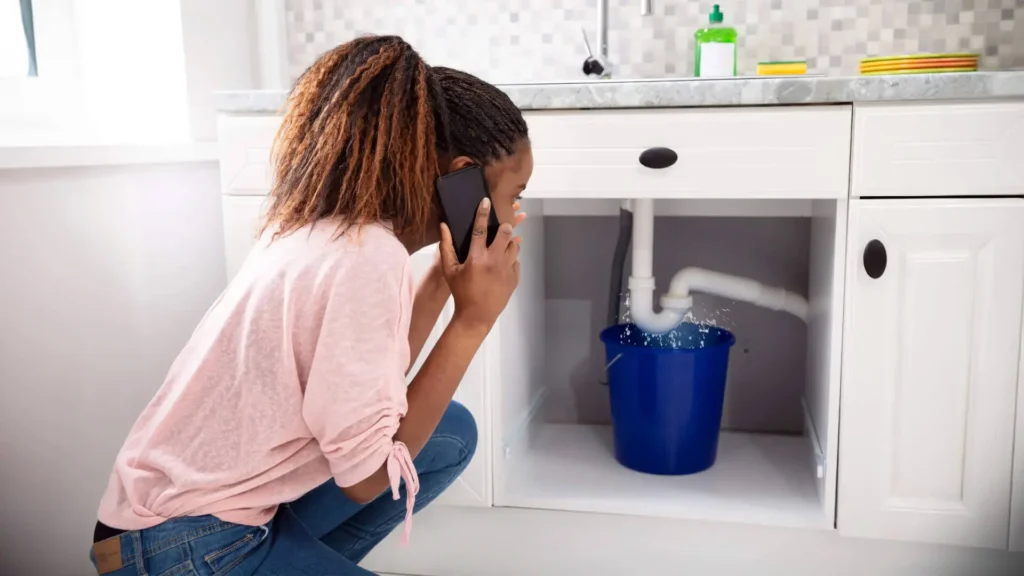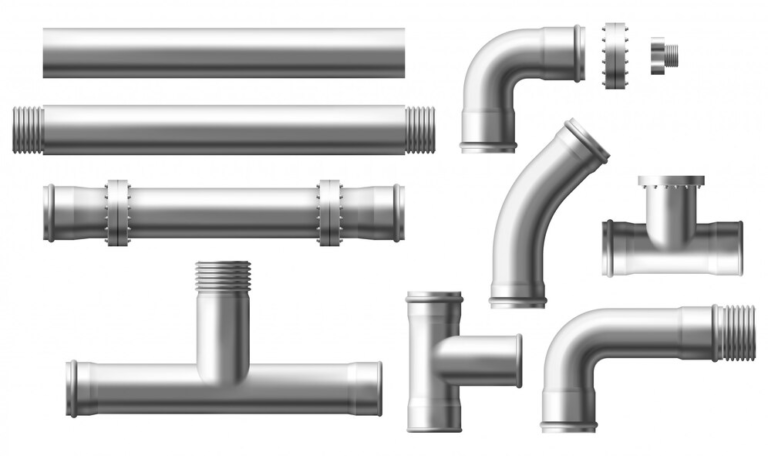Navigating Emergency Plumbing Disasters: Essential Tips for Homeowners
When it comes to maintaining a home, plumbing is often taken for granted until an unexpected crisis occurs. A burst pipe, an overflowing toilet, or a clogged drain can not only disrupt daily life but can also lead to significant damage if not addressed promptly. Navigate through these tumultuous waters, homeowners must be armed with the correct knowledge and tools to effectively manage emergency plumbing situations. This article aims to guide homeowners through some essential strategies to minimise damage and restore order swiftly during plumbing emergencies.

Identifying Plumbing Emergencies
Before diving into the response tactics, it’s important to understand what constitutes a plumbing emergency. Rapid water leakage, sewage backups, gas leaks, and loss of water functionality are among the high-priority situations. These require immediate attention and often the intervention of a professional plumber to mitigate risks associated with health, structural damage, and safety.
Immediate Actions Homeowners Should Take
When facing a plumbing emergency, time is of the essence. First and foremost, homeowners should know the location of the main water shut-off valve. This simple knowledge is crucial because shutting off the water supply can prevent further flooding and damage. In the case of a suspected gas leak, turning off the gas supply and evacuating the premises should be the priority due to the high risk of explosion or poisoning.
Mitigating Damage and Safety Risks
Post shutting off the water or gas supply, the next step is to minimise damage to the property. Homeowners should move furniture, valuables, and electrical devices away from the affected area to reduce the chance of damage or electrical hazards. Additionally, opening windows and doors can help dissipate any accumulating gas or sewage smells, thus improving ventilation and reducing health risks.
Assessing the Severity of the Situation
Once immediate safety measures are in place, homeowners should assess the problem’s severity. Understanding the scope of the issue can inform whether a professional is needed immediately or if the situation can be managed temporarily. Small leaks may be contained with buckets or towels, but larger issues like sewage backups might call for a professional service.

Seeking Professional Assistance
For substantial or complex plumbing emergencies, seeking professional assistance is the wisest course of action. Professional plumbers have the training, experience, and tools to diagnose and fix the problem effectively. It is essential to choose a reliable plumbing service that offers emergency plumbing services to ensure that help is available when you need it most.
The Importance of Pre-emptive Measures
While it’s important to know how to react in a crisis, preventing emergencies from happening in the first place is even better. Homeowners should conduct regular inspections of their plumbing systems and address any minor issues before they escalate to emergencies. Pre-emptive maintenance such as cleaning drains, inspecting pipes for corrosion or damage, and servicing water heaters can greatly reduce the chances of unexpected disasters.
Kitchen and Bathroom Best Practices
The kitchen and bathroom are common origins of plumbing issues. Homeowners should be cautious of what they flush down toilets and drains. Items such as cooking grease, food scraps, wipes, and feminine hygiene products should be disposed of properly rather than being flushed or washed down drains. These simple best practices help maintain clear pipes and avoid blockages.
Training Household Members
Every household member should be aware of how to react in a plumbing emergency. This includes knowing how to shut off water and gas, recognising the signs of a plumbing emergency, and knowing when to call a professional. Education and preparedness can make a significant difference in reaction time and damage control.
Investing in Plumbing Tools and Essentials
Homeowners are encouraged to invest in basic plumbing tools such as plungers, pipe wrenches, and leak sealing tape. These can be helpful in managing minor issues or containing the situation until professional help arrives. Additionally, a well-stocked first-aid kit and personal protective equipment can be vital for handling emergencies safely.

Insurance and Warranty Considerations
Understanding your home insurance policy and what it covers in terms of plumbing emergencies is crucial. Some policies may cover water damage, while others might not cover certain types of plumbing issues or repairs. It’s also beneficial to check if any of your home appliances or plumbing work are under warranty, which could potentially save considerable expenses.
Building a Relationship with Your Plumber
Fostering a relationship with a trusted plumber can be invaluable in the event of an emergency. Regular servicing and having the same professional understand your home’s plumbing history can enhance the quality and efficiency of the services provided. Additionally, plumbers you are familiar with may be more willing to respond quickly during emergencies.
Conclusion
Plumbing emergencies can be overwhelming, but being prepared can drastically reduce their impact. By understanding what constitutes an emergency, taking immediate action, seeking emergency plumbing assistance when necessary, and engaging in preventive maintenance, homeowners can navigate these unpleasant situations with confidence. Employing best practices and educating all household members on emergency procedures will ensure that when disaster strikes, your home and family are well-equipped to handle it.
Remember, preventative measures, prompt action, and professional help are the cornerstones for effectively handling any plumbing emergency. Be proactive, stay informed, and always err on the side of caution for the health and safety of everyone in your home as well as for the maintenance of your property.






